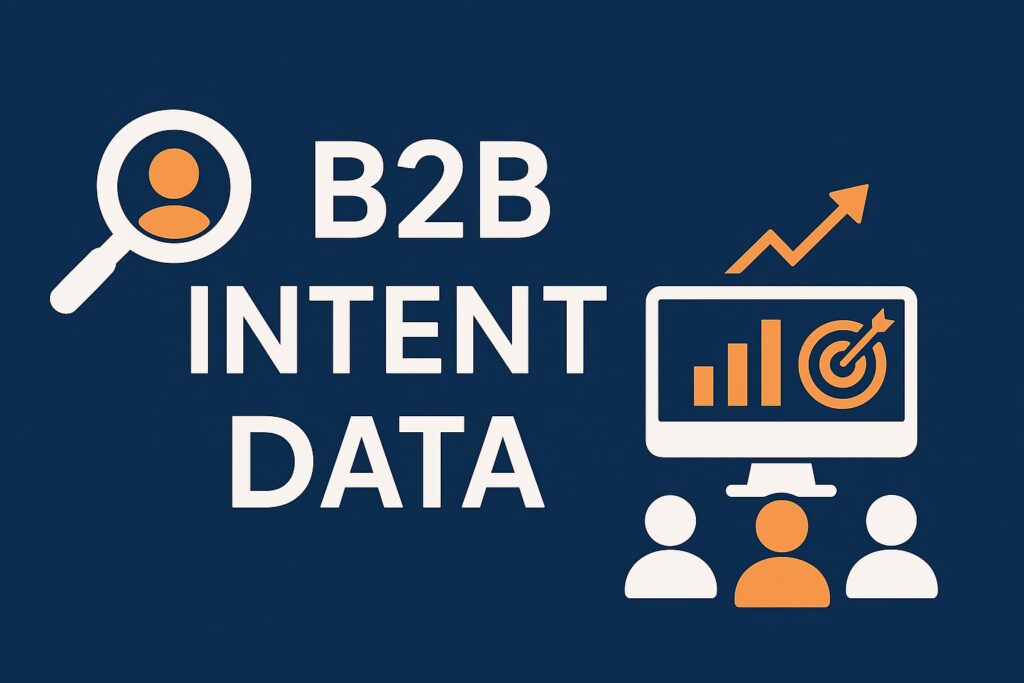
Introduction
Marketers are constantly challenged to generate high-quality leads. The solution? Using intent data to fuel smarter campaigns. Here are five practical ways to make it work for your business.
1. Prioritize High-Intent Accounts
Instead of spending time on cold leads, use intent data to spot businesses researching your product category. This ensures your team focuses on prospects who are ready to buy.
2. Personalize Content & Messaging
Intent data reveals what topics and keywords your target audience cares about. Use this insight to create tailored email campaigns, ads, and outreach messages.
3. Improve Account-Based Marketing (ABM)
ABM works best when you know which accounts are in-market. Intent data helps identify those accounts and deliver hyper-targeted campaigns to decision-makers.
4. Align Sales & Marketing Efforts
By sharing intent signals, both teams can work on the same set of opportunities, creating a unified go-to-market strategy.
5. Reduce Ad Waste
Running ads without knowing buyer intent wastes money. With intent data, you can target only accounts showing relevant research activity, lowering cost-per-lead (CPL).
Conclusion
When used effectively, B2B intent data transforms guesswork into precision. It ensures your marketing dollars are spent wisely and that your sales team always has a warm pipeline of opportunities.




